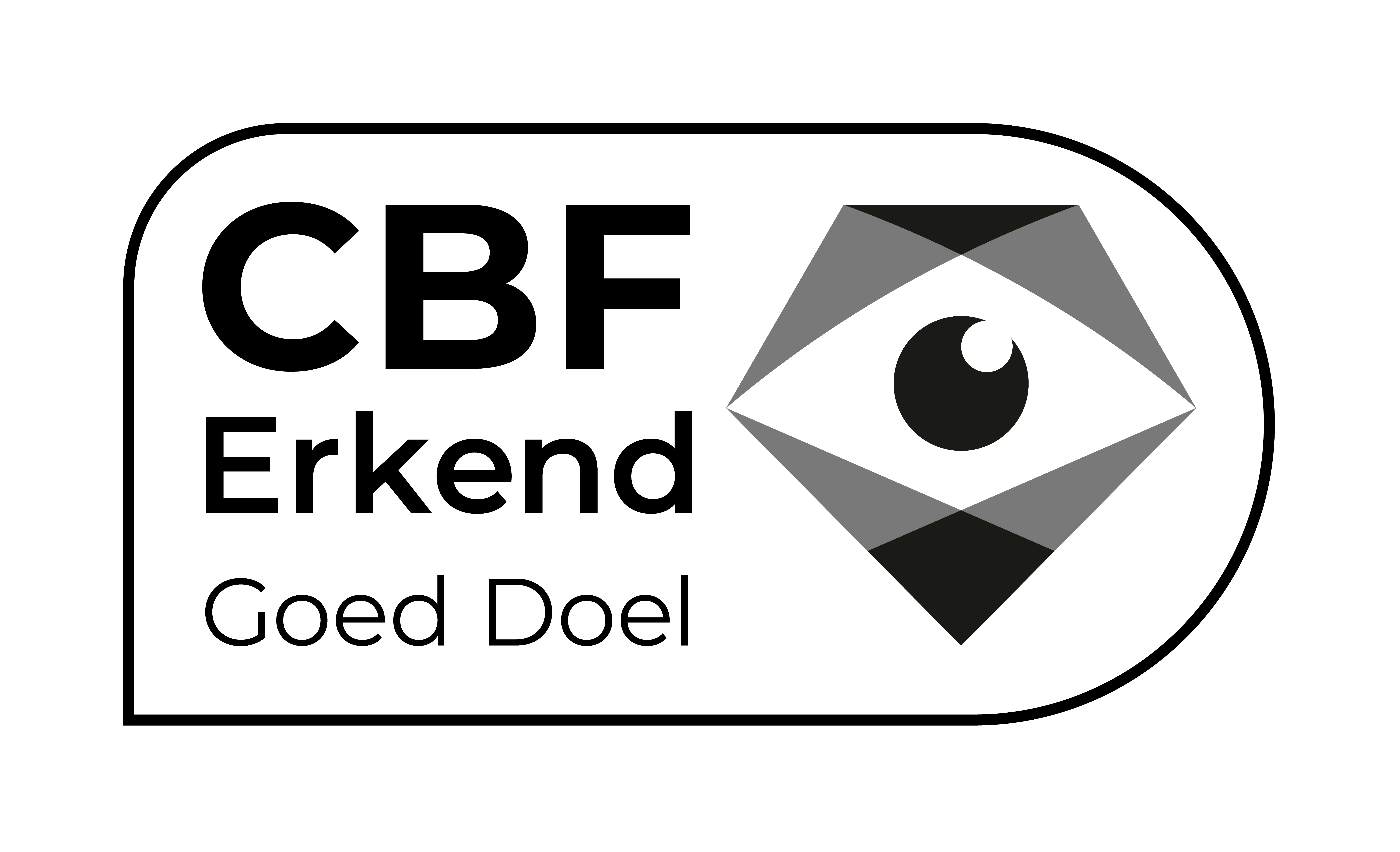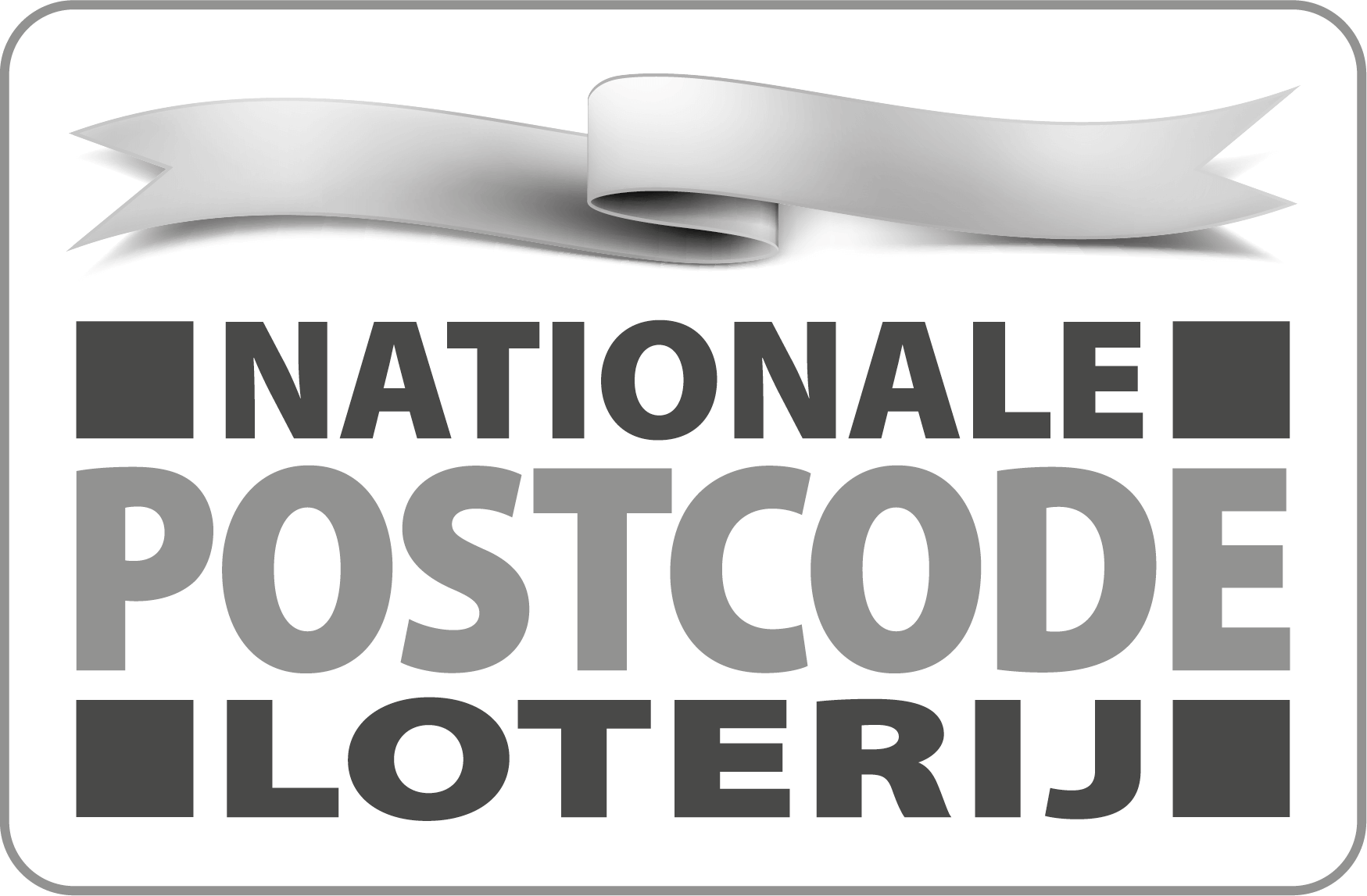News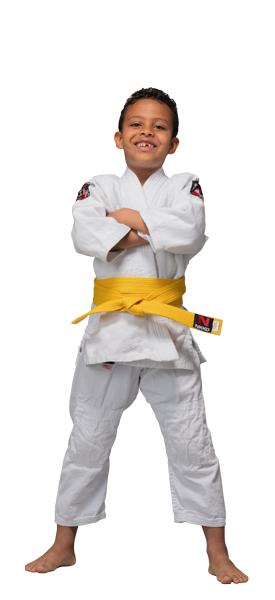
The Youth Fund for Sports & Culture Overijssel also strives to raise awareness and awareness locally. We want the Youth Fund for Sports & Culture's message and the opportunities it creates for underprivileged children to be as widely supported as possible. Therefore, the Youth Fund for Sports & Culture Overijssel has its own ambassadors who volunteer their time for the fund.
Let us introduce: breakdancer Lorenzo Caboni from Nederweert. Bboy Lorenzo is the youngest ambassador for the Youth Fund for Sports & Culture. His goal? To be the best breakdancer of the year. become the world!
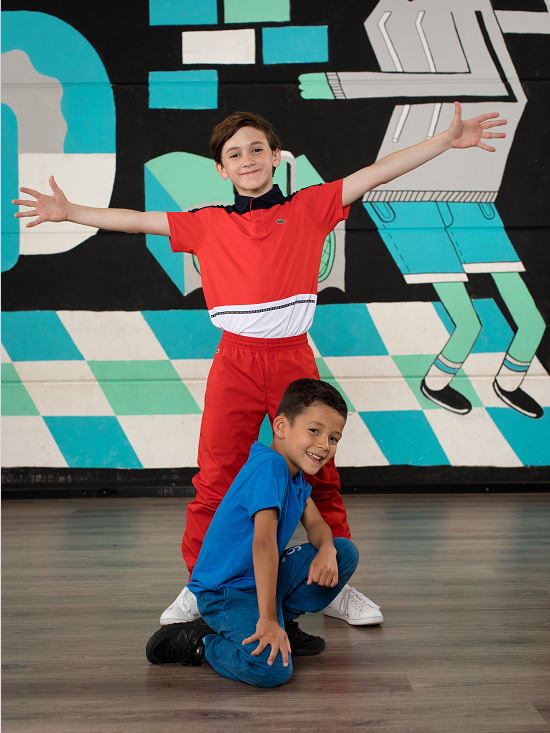
Despite his young age, Lorenzo has already made his mark in the breakdance world: he became World Youth Champion in Toulouse, two times Dutch Champion, Champion of the Dutch Breakdance League (NBL), he can be seen in the video clip of 'What We Started' by Don Diablo & Steve Aoki and he scored high marks when he participated in the dance program Time to Dance.
The best breakdancer
Becoming the best breakdancer in the Netherlands, and later in the world, takes some doing. "That's right," says Lorenzo. "I train five times a week at Fresh dance school, and then there are the competitions. And if I find certain moves difficult, I practice them at home too. I started dancing when I was 7. I went to class with a friend. I didn't really know what it entailed back then, but I loved it right away. It quickly became clear I was good at it, and the first competition I entered went pretty well. Competitions are a lot of fun to participate in, even though I'm quite nervous."
Dancing is an outlet
Dancing is an important outlet for Lorenzo. "It's just really nice to have something to do besides school; otherwise, there's just that. I can fully express myself when I dance. That's especially nice on days when I'm not feeling well; when I dance, I immediately feel better. That's why I think it's important that all children have access to that."
My parents have always had enough money to pay for my lessons. But there are also children who don't have the money for lessons at home.
That's why I'm an ambassador for the Youth Fund for Sports and Culture. They help these children. Competitions and what I see in videos inspire me to further develop my own moves. Becoming the best breakdancer in the world. That's Lorenzo's dream. And if he keeps going like this, he's sure to succeed!
Follow Lorenzo
Facebook: Bboy Lorenzo
Instagram: @lorenzo_bboy
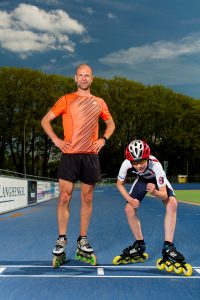
Photo: Bastiaan Heus
Playing outside until it gets dark, dreaming about Saturday's game, sitting at breakfast in your gym clothes. We've all done it. Even Erben Wennemars, multiple world champion speed skater and ambassador for the Youth Fund for Sport & Culture.
Dreams
Erben Wennemars: "Even my parents are amazed at how far I've come in skating. I was seriously ill when I was six; I was a bit small, a bit frail, and I suffered from asthma. Sure, I was talented, but I wasn't a talent. I didn't make the Dutch Junior Team until I was nineteen, and in my final year as an A-junior, I stood on the podium for the first time. Yet my parents never took my dream away from me. They never said, 'Give up, you can't do that.' That's so important. Children should be able to dream."
Mountains of energy
My father was treasurer at the local ice skating club, so as soon as there was natural ice, I was dragged onto the ice. Or rather, I was allowed to go. Sports were important at home; we did it all. My father skated the Elfstedentocht three times and played for the first team of our football club. I did more than just skate, too. I played football from the age of six, was a member of a touring club, cycled a lot; and if there was a competition of any kind, I participated. At home, they were already happy that I was involved in sports, because as a child, I had tons of energy. I had to release it somewhere.
I've been so incredibly fanatical on the pitch, sometimes even too much. 'Me, me, me, I have to get the ball. And if I don't get it, you don't either!'
I always wanted to win, I was faster than the rest. I often had to report to the boardroom. Still, I had plenty of friends at the club, because, well, I was a decent footballer.
If it were up to me, I would have continued playing soccer, but I had to quit. At some point, I started skating more seriously, and as a result, I was traveling more and more. I couldn't attend every practice or play every match anymore. When you're part of a team, you can't let it down.
Milking cows
My parents had a farm and had to milk the cows twice a day; they could never leave the house. I never saw that as a loss; it was just the way it was. Now the cows are milked by robots, and my father can stand by the ice rink when his grandchildren have to skate. Times are changing.
Besides, I was so well looked after by others back then. To get to the ice rink in Deventer, I had to travel forty kilometers from Dalfsen. But I never had to worry about how to organize that. The Netherlands has a fantastic club culture; somehow, everything was always taken care of; I could just ride along with other parents. I never thought about it myself; I thought it was perfectly normal. Which, of course, it wasn't at all.
In the clinch
I have a large network, a group of friends that have survived through sports. It's because you're not just skating or cycling together, but you also talk to each other in a relaxed, informal environment. Where everyone is equal, young and old. You compare yourself to each other. When I was thirteen or fourteen, I went on hundred-kilometer trips with the touring club—well, that gives you time to catch up. That was very important to me, because I couldn't do that at home. They were, of course, very proud of everything I did and achieved, and they followed everything closely, but they were mostly too busy with farm work. I could share my stories through sports, for example, in the car with my youth coach, Jan Wesselink. We sat next to each other for hours, discussing everything. Not just skating, but also how things were going at school, whether I was in love, or if I had a fight. The great thing is, my son is now being coached by Jan.
Shy stuttering
Money was never discussed at home. I lacked for nothing, and I could play any sport I wanted. The only thing my parents asked of me was to put in the effort. If you joined a football club, you had to commit to that club.
When I see what sports taught me as a child, and I realize that one in nine children in the Netherlands can't play sports due to lack of money? Wow, how could you miss that experience, that education as a child? Sure, I had a good upbringing, but that was truly strengthened by sports.
"Sports shaped me. At the football club, I learned how to interact with others, that it was okay to make mistakes, how to deal with coaches and referees. I clashed with the latter two quite often, and afterward, you had to get along again.
Striving for the best, coping with setbacks—these are all qualities you need in everyday life as well. Without sports, I wouldn't have gotten much further in society. I would have been more narrow-minded, my outlook wouldn't have been as broad, I wouldn't have been as interested in others. I stuttered, I was shy. But in sports, I could express myself easily; I was a different child. It gave me self-confidence and allowed me to easily overcome all those challenges. I wish that for everyone.
Follow Erben
Instagram: @erbenwennemars
Twitter: @erbenwennemars
Facts & numbers
children and young people became members of a club through us in 2024.
in 2024, children and young people became members of a sports club through us.
in 2024, children and young people became members of a cultural club through us.
issued sports and cultural equipment in 2024.

